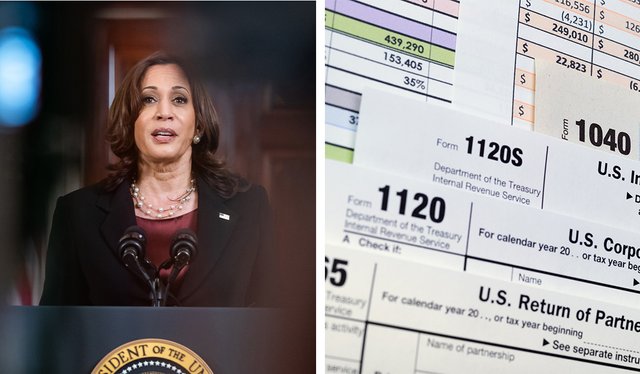
Alright, for once I'm gonna go ahead and use the comparison between the stock market and a casino to see if I can explain how dumb this idea to tax unrealized capital gains is.
Okay, say you buy into a card game for $100. You get a $100 in chips. Immediately, you're no longer liquid with those $100 outside of the casino until you buy out. All you have are chips that represent real money. When you buy in to a game, it does mean that you're buying something. You're not giving the casino you're $100 to hold it for safe keeping.
You're using that money for an opportunity to risk it for more. There's always a good chance that you'll lose it.
If you win, when you cash out, you turn your chips that represent real money into real money. It means that you want to stop risking the money and take home what you've won. You do pay taxes on gambling winnings.
That's basically how the tax works now. They're taxing your real money when it becomes real money.
With an tax on unrealized capital gains, rather than taxing you when you cash out, they'd be taxing you on each individual hand.
Only, they wouldn't be taxing your chips. Actually, that would be much worse because, in this comparison, your chips are your shares. So, the government would be using the tax to take shares in private companies.
No, they're taxing your real dollars. Assuming that you didn't empty your entire bank account to buy into a card game, you probably have money in the bank. So, if you go all in, and win and extra $100 in chips, they don't take $25 in chips, they take $25 out of your bank account whether or not you cash out. If, on your next hand, you win $25 in chips, they take $6.25 of real money from you. If you win $50 in chips on your next hand, they take $12.50 in real dollars out of your account.
Then, you have a series of losing hands. The chips that you have on the table are back where you started at $100. Only, if you cash out, you haven't broken even anymore. Now, by breaking even regarding chips at the card table, you're still down $43.75 in real money. That's not $43.75 taken away from your theoretical dollars. That's $43.75 taken away from your original $100.
Under the current way of doing this, the card players can make a deliberate, simple evaluation of how much they are willing to risk. You put down a buy in of $100, that means that you stand to lose up to and including $100. With this proposed way, the card player above put down $100. If he suddenly lost it all, he would have lost the entire $100 that he was willing to risk plus the extra $43.75 he gave to the government when he was winning.
How many people are gonna hit the blackjack table with that model in place?
Once again, Democrats don't understand that people change their behaviors. You're not going to get more revenue by taxing an empty pot.